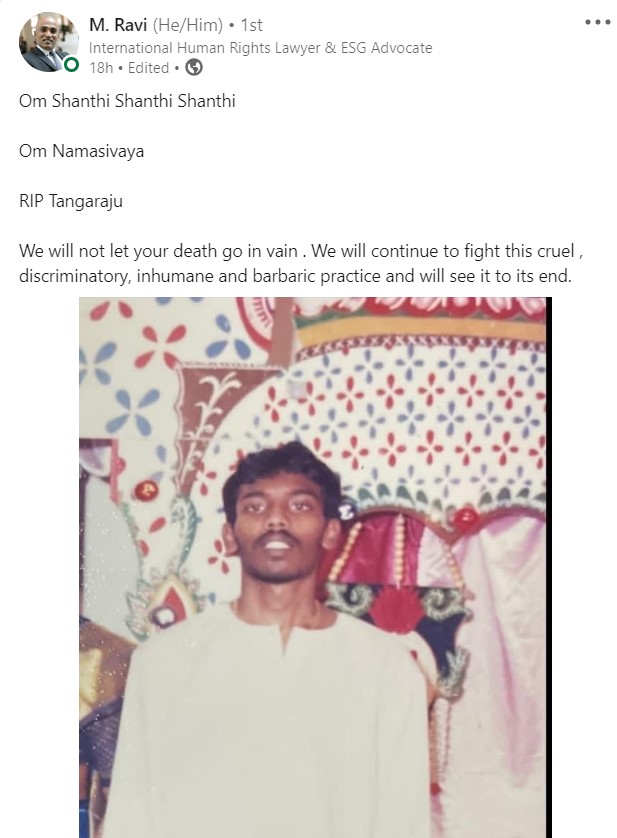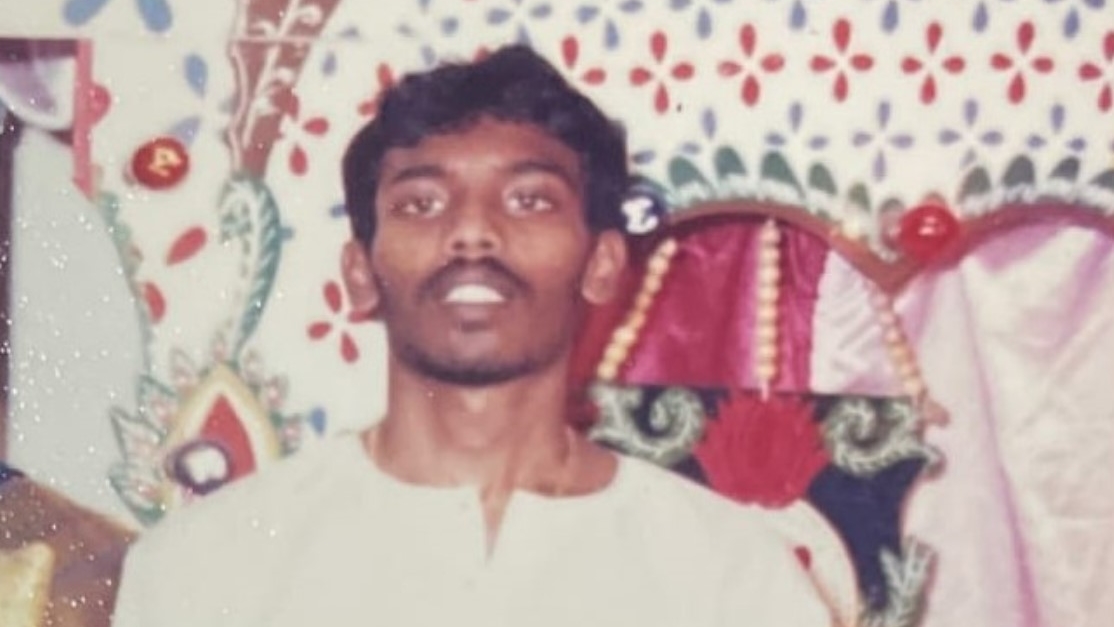Singapore has just scored another “Victory” in the war on drugs. Today, we executed Mr Tangaraju, a Singaporean sentenced to death in 2018.
Much is being said on both sides of the debate, so I shall refrain from trying to add anything that the more intelligent and passionate have already said. I will, however, make the point that it was rather ironic that we chose to execute a man so soon after the sentencing of Karl Liew for lying in court during the Parti Liyani case.

If you leave the argument on the effectiveness of the death penalty as a deterrent for drug use to one side, the biggest argument that proponents have for the death penalty is that it’s very clear. The Singapore government makes it a point to let everyone in and coming to Singapore know that the penalty for having drugs in your possession is death. You can argue “extenuating circumstances” till the cows come home, but if you were found to have drugs of any sort in your possession, the only thing that will save you is the rope breaking three times. Anyone with a brain cell or two knows the risk of carrying drugs within Singapore, and I guess you could say that if you get caught with drugs, you deserve what you get.
However, there is one major flaw with that argument. It’s based on the assumption that the system is infallible and always right. If you work on the principle that the “State” catches the right guy all the time and then proves it’s beyond a shadow of a doubt all the time, then I suppose that there should never be a problem. If anything, the people who believe in the death penalty will inevitably tell you that the guys who get caught are either caught red-handed or confess. So, what’s the problem?
As shown in the Parti Liyani case, the “State” does make mistakes. The things that nobody imagined happened. The facts were clear in this case. The police investigation was sloppy. Evidence against Ms Liyani was flimsy, and a supposedly credible witness lied to the investigating officer and was under oath in the trial. Then, there’s the fact that Ms Liyani belongs to what you call the less educated or at least the group that gets frightened easily by authority figures like policemen, and so you got the inconsistencies in her statement to the police that our unconflicted law and home affairs minister was so quick to point to. Despite the sloppy investigation and Mr Karl Liew being exposed on the stand in the first trial, Ms Liyani was sentenced to jail and lost four years of her life.
Now, you could argue that Ms Liyani was a “freak” and that the Singapore Police Force (SPF) is right most of the time. However, the fact remains the police are capable of making mistakes and “credible” people are capable of lying on the stand. Clearly, “innocent” people get punished for crimes they did not commit because powerful forces were against them.
Then let’s not forget that Ms Liyani’s case is a “freak”, not because it was odd that the SPF made a mistake in its investigation or that a “credible” person lied on the stand. Her case is a “freak” because she had a lawyer who was willing to fight for her for no material reward and more importantly, she had a judge who could cut to the chase and made rulings based on solid facts presented in court (Namely, realizing that Mr Karl Liew’s testimony in court was not credible even though he is the son of a powerful corporate figure.)
Let’s remember that policemen and judges are humans and prone to human errors like throwing the book at “convenient targets,” like Ms Liyani and most of the guys on death row. This isn’t unique to Singapore. In the US, you had the case of the Central Park Five, where five black and Latino teenagers were convicted of raping a white woman in 1989. The case stirred emotions, so much so that a then real estate tycoon decided to take an ad out in the papers calling for their execution. The police got confessions. They were convicted at trial in 1990, and nearly a decade later, the actual criminal was discovered in 2001.
Human errors exist, and innocent people do get punished. In a world where the legal system is increasingly expensive, you will find that “convenient” targets will even go as far as admitting to crimes they didn’t commit because they can’t afford to fight the system they believe is against them. We must accept that mistakes do get made, and when people are wrongly convicted, they should be compensated (which would admittedly never quite compensate for years of their life lost). However, you have to ask yourself – how do you make restitution to someone that you have killed?
So, if you want the death penalty, you must also ensure the system is never wrong. You must fix the system so human error and weaknesses will never send the wrong people to the gallows. It is, as they say, pretty hard to say sorry to a corpse if mistakes are made.
A version of this article first appeared at beautifullyincoherent.blogspot.com

